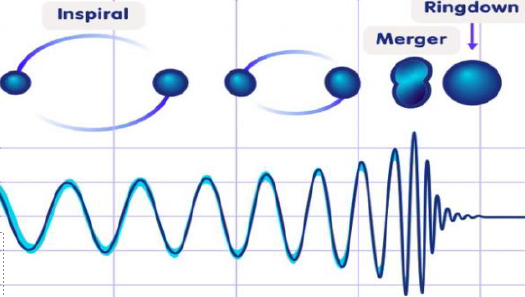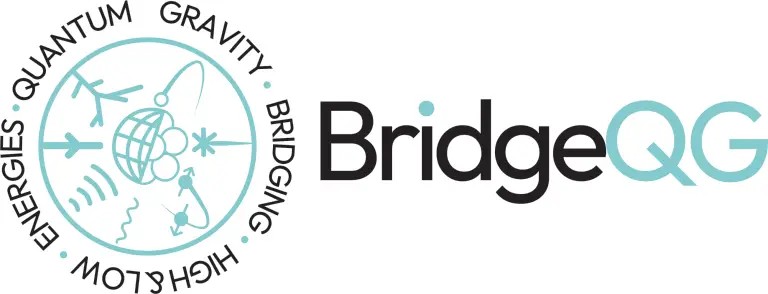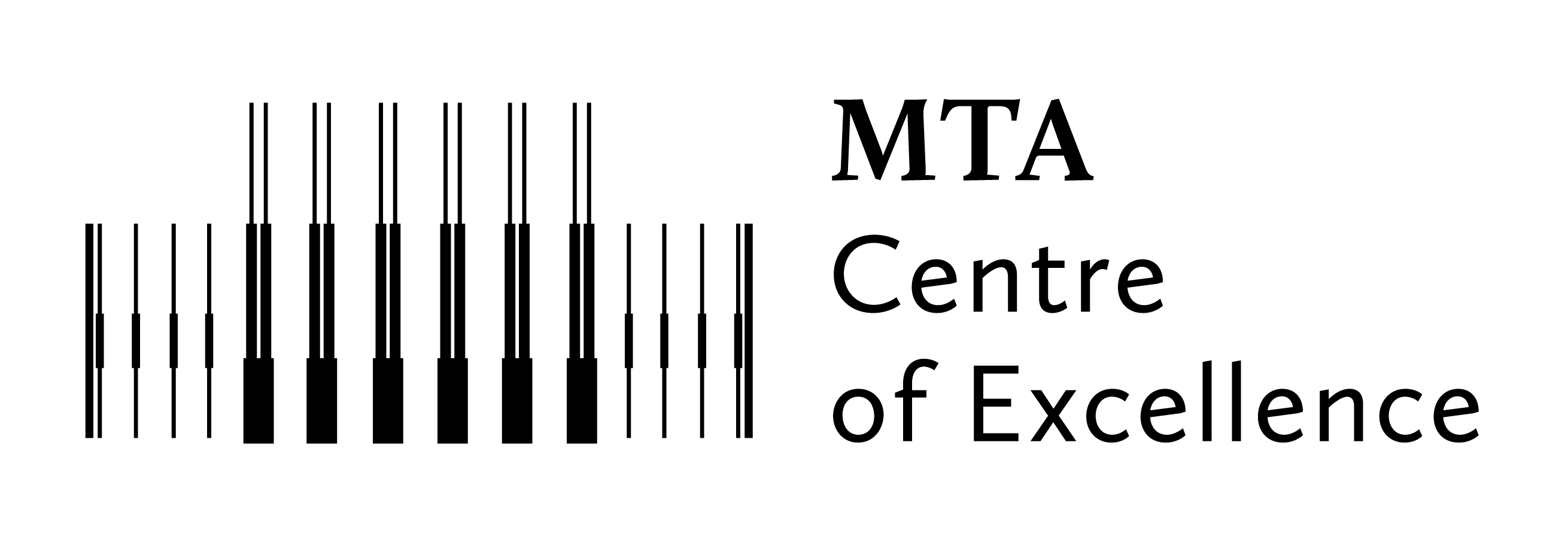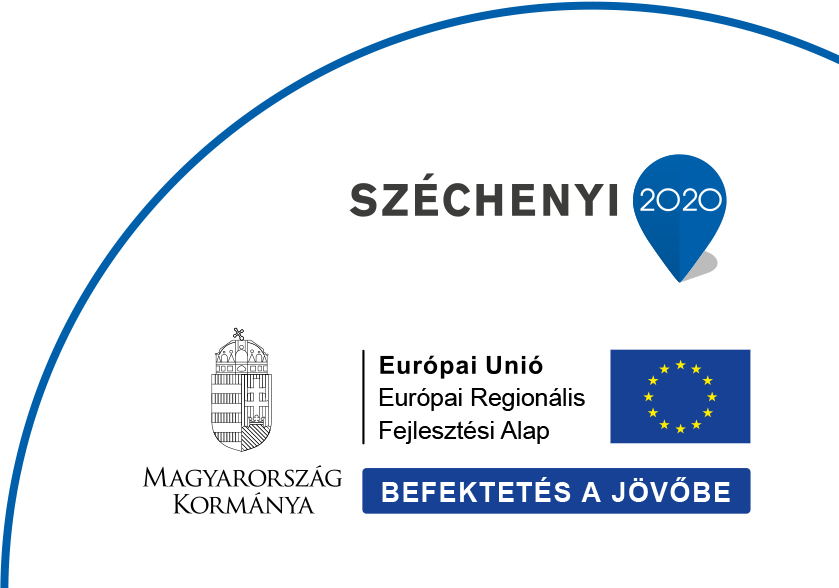Gravitational Physics Research Group

Group leader: László Árpád Gergely
Group members: Dánel Barta; Károly Csukás; Balázs Kacskovics; Róbert Kovács; István Rácz
Publications of the group members: link to the database of the Hungarian Scientific Bibliography
The research interest of the group lies in all aspects of gravitational phenomena, ranging across:
- fundamental and conceptual issues related to the gravitational interaction
- theoretical investigations with the methods of mathematical physics (initial value problem, spacetime singularities and symmetries), both in general relativity and in modified gravity theories
- numerical relativity (constraint solving methods, asymptotic behaviour of black holes, binary black hole initial data)
- cosmology (modified gravity effects in solving cosmological tensions, dark energy models)
- relativistic astrophysics (neutron stars and other compact objects, black hole accretion, jets and magnetic fields, high-energy cosmic particles, dark matter models, gravitational lensing)
- gravitational wave physics (waveforms, eccentric compact binary dynamics, spin and quadrupole effects, data analysis), through exact, post-Newtonian approximate or numerical methods, supported by algorithms and multi-core computer procedures on grid and GPU clusters
- gravitational wave detector site characterization (rock characteristics, thermo-mechanical coupling, Newtonian noises)
Research highlights: 2024; 2017-2023
Group memberships in international research networks:
|
Virgo Collaboration |
Einstein Telescope (ET) | CA21136 - Addressing observational tensions in cosmology with systematics and fundamental physics (CosmoVerse) | CA23130 - Bridging high and low energies in search of quantum gravity (BridgeQG) | CERS - Central European Relativity Seminar on Mathematical Relativity |
 |
 |
 |
 |
|
|
Dániel Barta |
Dániel Barta |
László Árpád Gergely Balázs Kacskovics Tegze Tordai (student) |
László Árpád Gergely | István Rácz |
|
rapid response shifts, maintaining Wigner Virgo Tier 2 Computing Site |
gravitational wave sources, detector site characterization | modified gravity effects in solving cosmological tensions | low-energy quantum gravity |
forum for younger researchers to present their work |
| Webpage BridgeQG webpage BridgeQG YouTube channel |
Past group members and researchers in gravitational physics at HUN-REN Wigner RCP:
Zoltán Perjés, Mátyás Vasúth, Béla Lukács, Ákos Sebestyén, László B. Szabados, Gyula Fodor, Merse Előd Gáspár, Viktor Czinner, Gergely Debreczeni, Péter Csizmadia, Balázs Mikóczi, József Zsigrai, János Kánnár, János Majár




